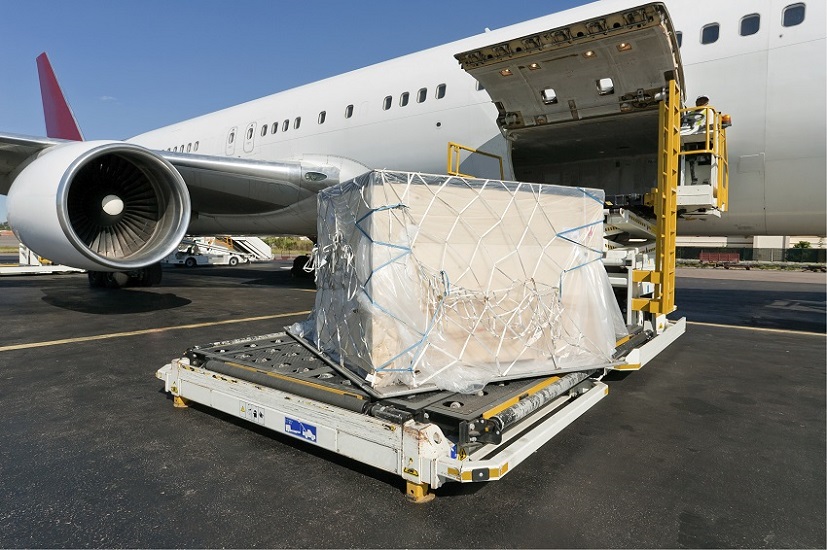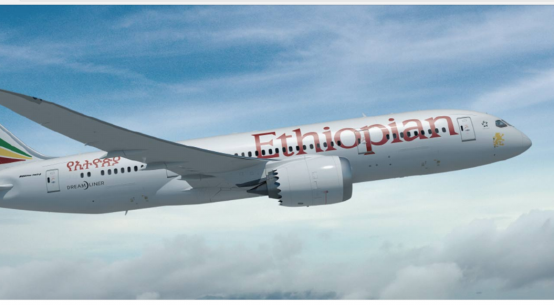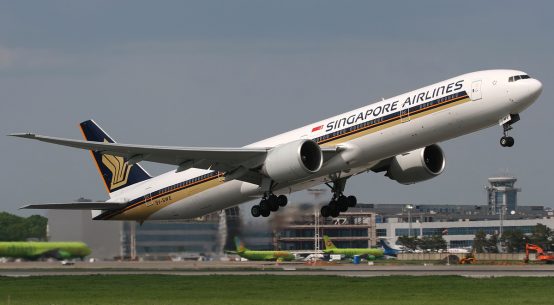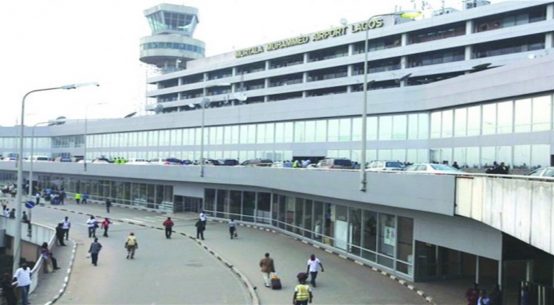
Last month, when many of the world’s major airports and carriers released June performance metrics, the air freight industry seemed poised to begin feeling impacts from the ongoing trade war between the United States and China. Now that July results from carriers, handlers, and airports are beginning to come in, the outlook is slightly more optimistic. Although several regions continued to post year-over-year declines, many operators have rebounded from the lows reported for June.
 Even in Europe, which has recorded the worst y-o-y performance so far among the regions, year-to-date declines are quite small despite tough year-over-year comparisons across the industry. Meanwhile, three carriers – all based in different regions – posted double-digit y-o-y increases during July, suggesting that the air freight sector is so far bearing up under the new tariffs.
Even in Europe, which has recorded the worst y-o-y performance so far among the regions, year-to-date declines are quite small despite tough year-over-year comparisons across the industry. Meanwhile, three carriers – all based in different regions – posted double-digit y-o-y increases during July, suggesting that the air freight sector is so far bearing up under the new tariffs.
To take a closer look at regional performance for the month…
Asia Pacific
Singapore Airlines reported July cargo traffic down 1.4% y-o-y to 581 million RTKs. For the first half of the year, SIA Cargo’s traffic was up by a slim margin of 0.1% to 4.03 billion RTKs.
Beijing-based Air China reported July cargo traffic up 5.3% year-over-year, to 685 million RTKs, for a month-to-month increase of 3.2%. Year-to-date traffic through July is up 7.9% from the same period in 2017. In tonnage, Air China’s domestic and international handle rose 4.9% and 7.0%, respectively, y-o-y for July, compared to a 1.9% y-o-y decline in the carrier’s regional handle for July.
Guangzhou-based China Southern Airlines reported July cargo traffic up 15.2% year-over-year to 644 million RTKs – an increase of 1.9% from June. International cargo traffic saw the largest gain, at 19.1% to 511 million RTKs, while domestic cargo traffic increased by only 2.1% to 131 million RTKs, marking a decline of about 4 million RTKs from June. Overall cargo and mail tonnage rose 9.8% y-o-y in July to 141,000 tonnes. However, volumes fell from June, albeit only by 0.4%. Year-to-date, traffic at China Southern Cargo is up 4.6% compared with the same period in 2017.
Taiwan-based China Airlines reported July cargo traffic up 3.6% y-o-y to 524 million RTKs, the highest-traffic month for the carrier so this year. For January through July, China Airlines’ cargo traffic is up 3.8% compared with the same period in 2017 at 3.3 billion RTKs. Cargo yields were up 13.9% over July 2017, and up 11.5% year-to-date compared to the same period in 2017.
Taiwan-based EVA Air reported July cargo traffic down 4.1% y-o-y at 326 million FTKs, while tonnage also fell 2.1% to about 56,000 tonnes – a slight month-to-month increase, but down from March, the carrier’s highest-tonnage month so far this year. Year-to-date through July, EVA’s cargo traffic was 1.3% higher than over the first seven months of 2017.

Hong Kong International Airport reported its July cargo handle flat y-o-y at 433,000 tonnes. Year-to-date, HKIA’s handle was up 3.5%. The airport said transshipments were up 9% y-o-y, with traffic to and from North America and Southeast Asia posting the most significant increases.
Shanghai Pudong International Airport Cargo Terminal Co Ltd (Pactl, the biggest cargo handler at Shanghai’s Pudong Airport) reported its July cargo handle up 1.9% y-o-y to 163,000 tonnes. The increase was driven by gains in international cargo throughput, which increased 2.3% y-o-y. On the other hand, domestic cargo throughput fell 6.0% y-o-y. Year-to-date, cargo moving through PACTL was up 5.4% at 1.09 million tonnes.
South Korea-based Incheon Airport’s cargo traffic increased 2.6% y-o-y in July to 251,000 tonnes. Year-to-date volumes through July increased by 1.9%.
Europe & Middle East
Lufthansa Group reported July traffic down 2.9% y-o-y, to 904 million RTKs, marking the second month in a row the Group has recorded year-over-year declines. Year-to-date traffic was up 2.0% y-o-y. Cargo capacity increased by 1.8% year-over-year for July.
Air France-KLM reported a 4.6% increase in July cargo traffic to 737 million RTKs, with most of the monthly increase on the Air France side, which rose 7.0% in July to 336 million RTKs. KLM reported a 2.7% y-o-y increase to 401 million RTKs. Year-to-date, cargo traffic for Air France-KLM traffic was down by 0.5% through July, to 4.87 billion RTKs.
International Airlines Group reported a 3.1% decline in July traffic y-o-y, to 462 million RTKs. Year-to-date, cargo traffic at IAG has fallen by 0.9%, compared to a 5.2% increase over the same period in 2017. All of IAG’s subsidiary carriers reported declines, although British Airways saw the smallest y-o-y decrease at only 2.2%, to 361 million RTKs.
Turkish Airlines reported yet another month of double-digit growth for July with a 19.6% y-o-y increase in cargo volumes to 119,000 tonnes, the carrier’s strongest month for cargo this year. Year-to-date, volumes at Turkish are up 26.3%. On a regional basis, the strongest demand continues to come from the Central and South American regions, where cargo volumes are up 92.2% so far this year.
Frankfurt Airport (FRA) reported a 6.4% decline in its y-o-y cargo handle for July, to 176,000 tonnes. Year-to-date, the airport’s handle is down by 0.9% to 1.27 million tonnes. Cargo volumes at FRA have been on the decline since May of this year.
Amsterdam’s Schiphol Airport (AMS) reported a 3.0% decline in July traffic y-o-y to 144,000 tonnes, with volumes roughly flat from June to July. Year-to-date, cargo volumes at AMS are down 2.7%, as ongoing capacity issues at the airport continue to hamper cargo operations there.
London’s Heathrow Airport (LHR) reported another 2.1% decrease in its y-o-y cargo handle for July, to 140,000 tonnes – up slightly from its June handle, but still lower than the larger volumes handled from May through March. Year-to-date, volumes at the airport are still up 1.6% y-o-y.
Americas
Chile-headquartered LATAM Airlines Group extended its positive trend of cargo traffic growth with reports of July traffic up 12.9% y-o-y to 312 million RTKs. Year-to-date, cargo traffic was 9.7% higher.
Delta Air Lines reported a 1.2% decline in cargo traffic y-o-y for July to 286 million RTKs, continuing the year-over-year declines begun in June. Year-to-date, traffic was still up by 3.4%.
United Airlines posted a 5.3% increase y-o-y in July cargo traffic to 429 million RTKs, the strongest year-over-year performance for the carrier since April. From January through July, y-o-y cargo traffic for United is up 6.0%.
.









